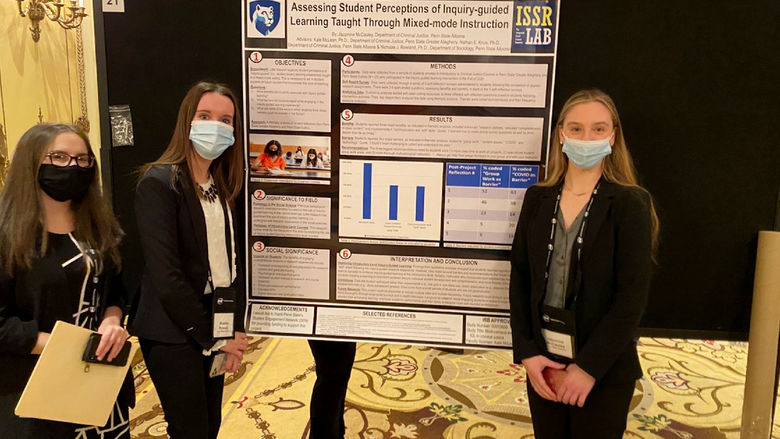CytoDyn Inc, a late-stage biotechnology company developing its lead drug leronlimab for multiple indications, has revealed the publication of a peer-reviewed research paper on human and simian immunodeficiency virus replication suppression in using leronlimab.
The research paper titled “Suppression of Human and Simian Immunodeficiency Virus Replication with the CCR5-Specific Antibody Leronlimab in Two Species” was published in the open access journal PLOS Pathogens.
The Vancouver, Wash.-based company said the study followed five human immunodeficiency virus (HIV)+ infected human participants who, after successfully transitioning to subcutaneous leronlimab a times a week, discontinued their previous daily oral antiretroviral therapy regimens. These five participants were from an extension study, consisting of virologically suppressed patients in a previous leronlimab study. Of the 10 patients enrolled in the extension study, four individuals experienced viral rebound and discontinued leronlimab monotherapy, and one individual withdrew, leaving five long-term participants.
READ: CytoDyn submits first of three major sections of its HIV biologics license application to FDA under ongoing review
The company said the five long-term participants had “successfully” maintained HIV suppression with leronlimab monotherapy for more than seven years, with no evidence of viral escape. Importantly, these five participants on leronlimab monotherapy had a higher frequency (7.1%) of transient episodes of plasma viremia, called viral blips, than those on combined oral antiretroviral regimens (2.0%). , the company said.
Meanwhile, to monitor the anatomical penetrance of leronlimab, rhesus macaques acutely infected with simian human immunodeficiency virus (SHIV) were treated with high intravenous doses of leronlimab for 12 weeks. Leronlimab treatment “reduced SHIV viral loads 10,000-fold” and leronlimab was found in all anatomical compartments analyzed, including mucosal and lymphatic tissues, sites of early viral replication after transmission and latency, noted the biotechnology company.
In a statement, Jonah Sacha, the study’s lead author, who is scientific advisor to CytoDyn and a professor at Oregon Health and Science University, said, “To our knowledge, these data represent the longest administration of monotherapy by monoclonal antibodies for HIV in people to date. .”
CytoDyn is studying leronlimab in several areas, including infectious diseases, cancer, and autoimmune diseases.
Contact author Uttara Choudhury at uttara@proactiveinvestors.com
Follow her on Twitter: @UttaraProactive







